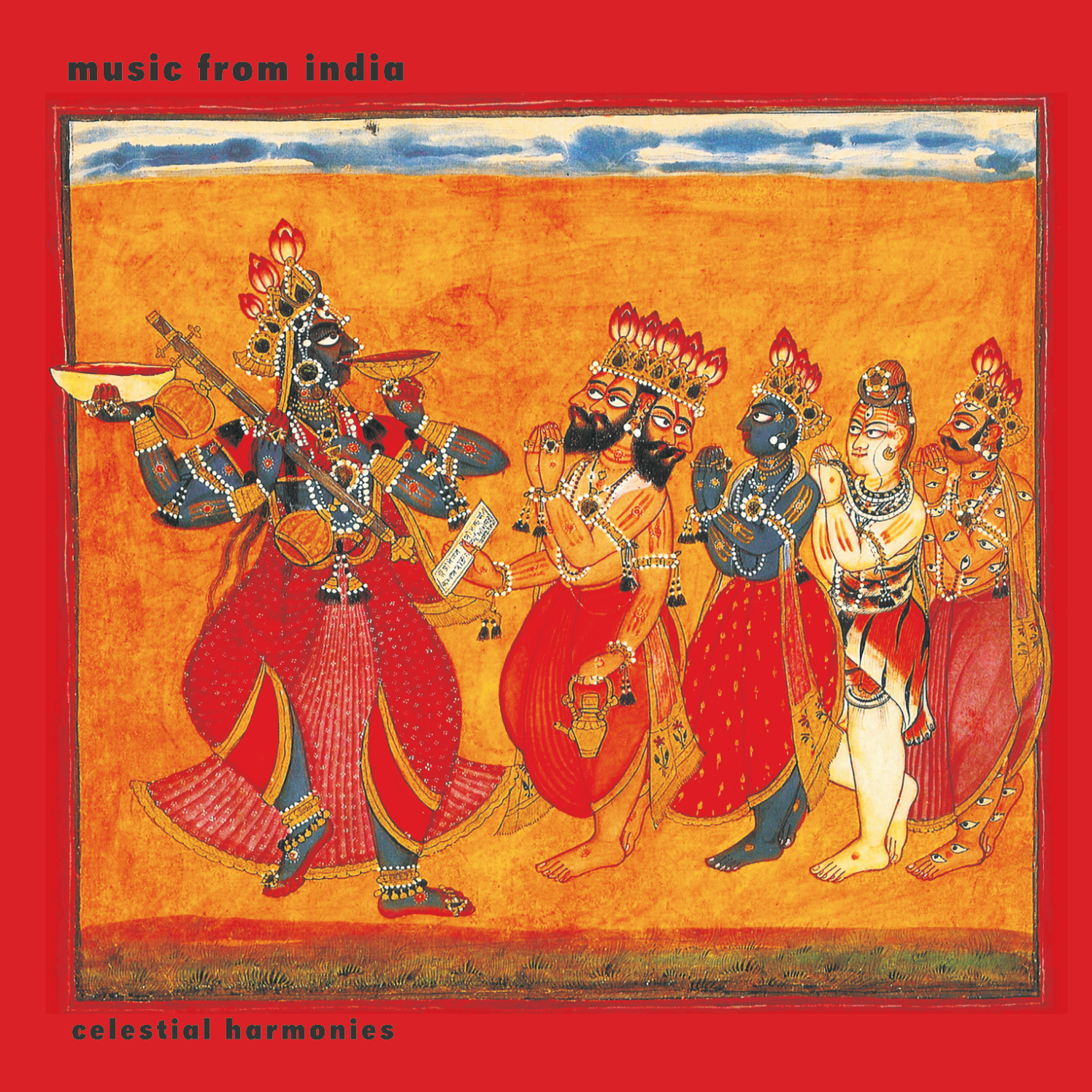 |
||||||||||||||||||||||||||||||||||||
 
The Asia Pacific Journal of Anthropology/
vol. 9, no. 4 (December 2008) (.pdf)
the projectIn India, the worship of the mother goddess is a living tradition which has existed in the Indus valley civilization, for more than four thousand years, since well before the Aryan migration and the advent of Vedic religion. Developing and broadening through the millenia, it has also been adopted and incorporated into Buddhism, and has grown into a rich and vibrant cult which is practiced today across all castes and divisions of Hindu society. The rituals surrounding worship of the goddess vary widely throughout India and the Himalayas, but they invariably include pilgrimages to temples and sacri.ces to the goddess as well as the creation and perception of images and the utterance of sounds. Goddesses are venerated as consorts of the gods, but her followers
regard them as aspects of the one great mother goddess who is
perceived as the supreme force and creatrix of the universe. She
has an ambivalent and contradictory character, benevolent as well
as terrifying. She is addressed as Devi or Shakti, the divine
energy, but is known by other names as well: Amba, Ambika, Jagadamba,
Kali, Bhagvati, Bhavani, and many others. Most commonly she is
called Durga, and is usually represented surrounded This CD contains a wide variety of selections, ranging from the bamboo .ute bansuri to sitar, harmonium, percussion, female and male vocals; the famous bells of the Durga temple in Varanasi are also heard as are acoustic/electronic sounds by David Parsons. This recording, and In Praise of the Goddess (13267-2) were inspired by and produced for GODDESS: divine energy - A major exhibition exploring the myriad imaginative expressions of divine female power in the art of India and the Himalayas at the Art Gallery of New South Wales in Sydney (13 October 2006 - January 2007) in cooperation with Radio Berlin Brandenburg (RBB), Berlin Germany. tracklist
|
||||||||||||||||||||||||||||||||||||
|
|
||||||||||||||||||||||||||||||||||||
 |


